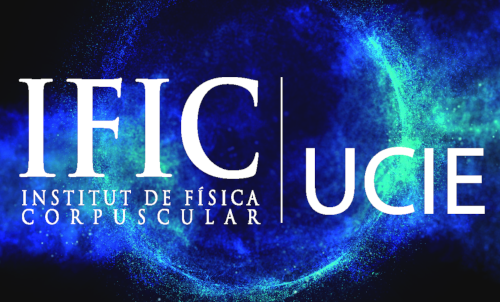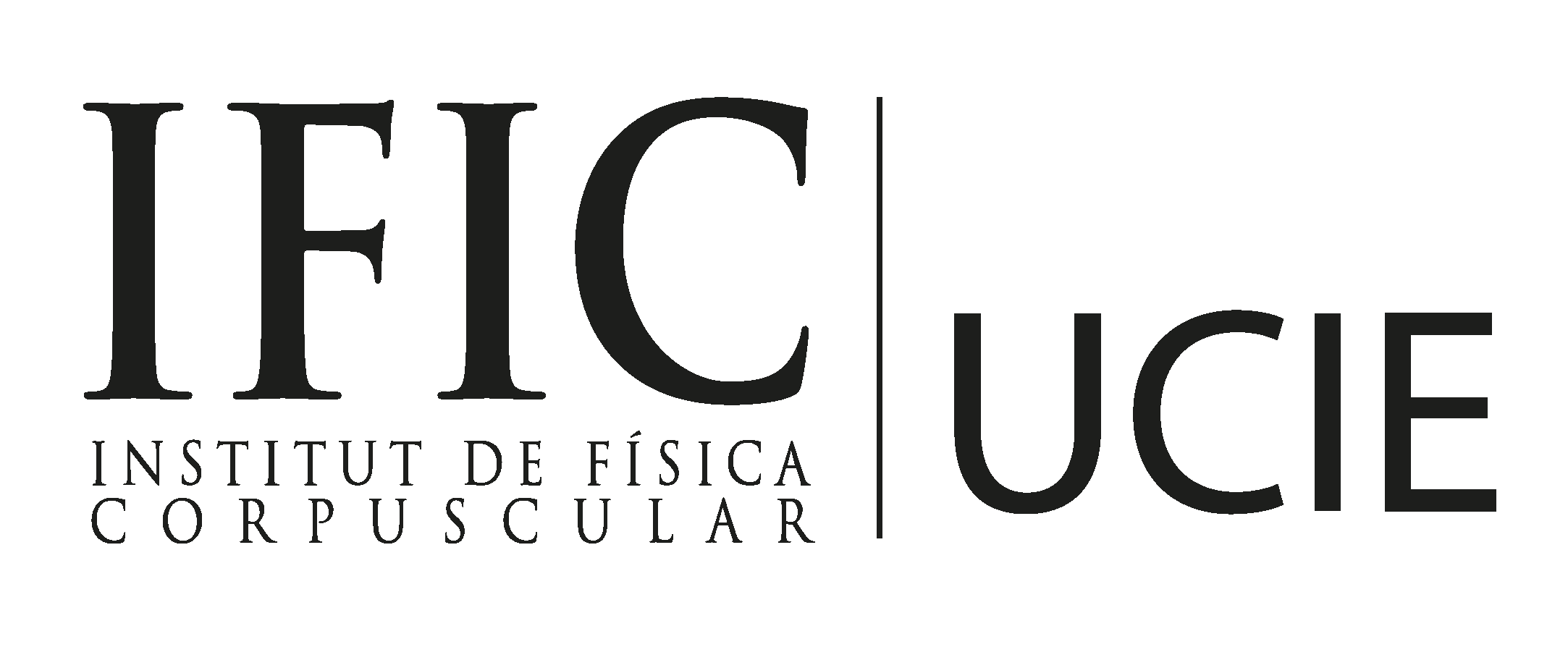
The Agència Valenciana de la Innovació (AVI), the instrument of the Generalitat Valenciana to coordinate its innovation strategy, continues to promote the Scientific Unit for Business Innovation (in Spanish, UCIE) of the Institute of Corpuscular Physics, (IFIC / CSIC-UV), during the year 2022, with the granting of an annual aid.
This aid, granted by the agency in competitive concurrence for first time, aims to promote knowledge transfer and connect research centers and universities with the challenges and needs of the bussines community. For this porpouse, it subsidizes different actions that may be eligible for 60% co-funding by the ERDF Operational Program of the Valencian Community 2021-2027.
In its four years of existence, the IFIC’s UCIE has promoted the development of more than 15 innovative projects in collaboration with companies and technological and research institutes of the Valencian Community.
AVI has allocated this year almost 5 million euros to finance 11 UCIEs in centers of excellence research in the Valencian Community, with the aim of promoting applied research oriented to the productive sector. The network of UCIEs is therefore expanded, with the incorporation of the Institute for Research, Development and Innovation in Health Biotechnology of the Miguel Hernández University (IDIBE-UMH) and the Valencian Institute for Research in Artificial Intelligence (VRAIN) of the Polytechnic University of Valencia (UPV).
Also within the framework of its program for the valorization of research results, AVI will provide approximately 4.5 million for the development of 17 prototypes and pilot tests in universities, research centers and technological institutes.
In the resolution of concession of four of its six annual aid programs to promote and strengthen the innovation system of the Comunitat, the Generalitat finances the development of 103 innovation projects worth 14.5 million euros.
IFIC’s UCIE was created in 2018 with the aim of bringing the Institute’s research results closer to the industrial environment by implementing two strategies: bringing IFIC’s research closer to the needs of companies and supporting the establishment of collaborations with other agents of the Valencian R&D&I system to achieve an effective transfer of the technologies generated at IFIC.
Among these technologies are the medical applications of physics, such imaging systems diagnosis, surgical assistance and the development of new technologies in accelerators with clinical applications. Also of great potential are the development of applications linked to artificial intelligence, electronics and the environment. These technologies arise from IFIC’s experience in basic research on the elements of matter, a field where it is a pioneering center in Spain.

